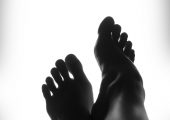Your health comes first
Our services
Our services aim to solve all your foot problems. Book an appointment, we will respond to your needs and provide services that will meet your expectations.
We examine
Conditions treated
Biomechanical problems 5
-
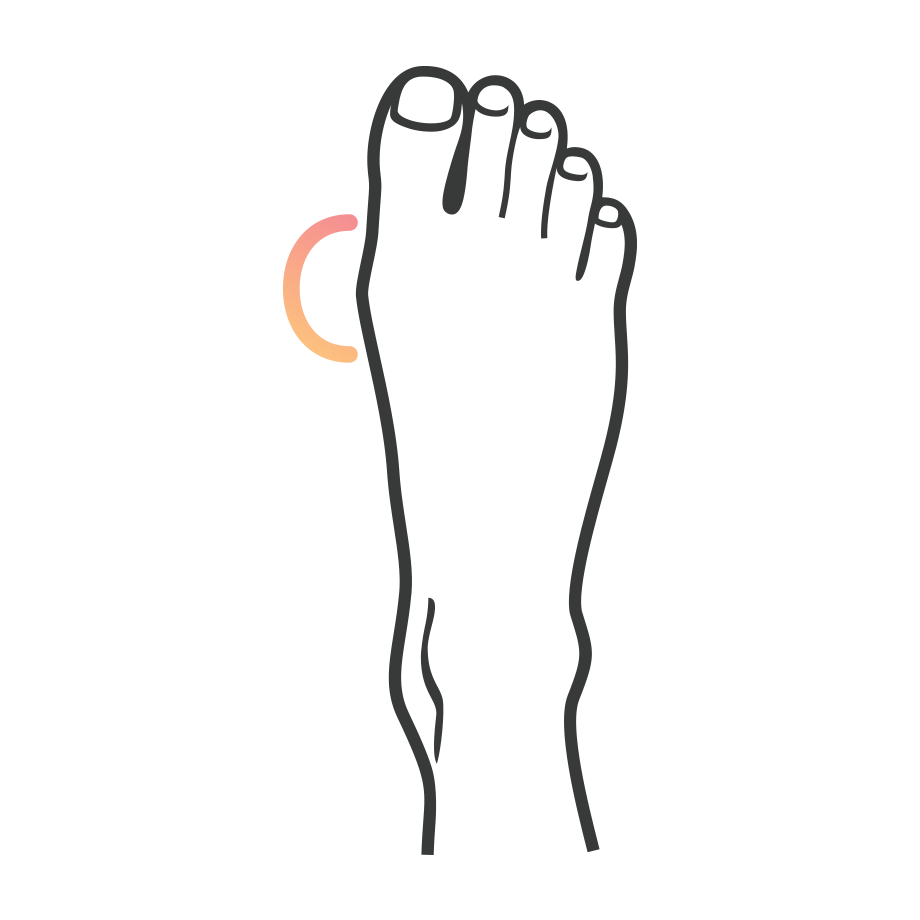 Bunion
Bunion -
 Flat feet/cavus feet
Flat feet/cavus feet -
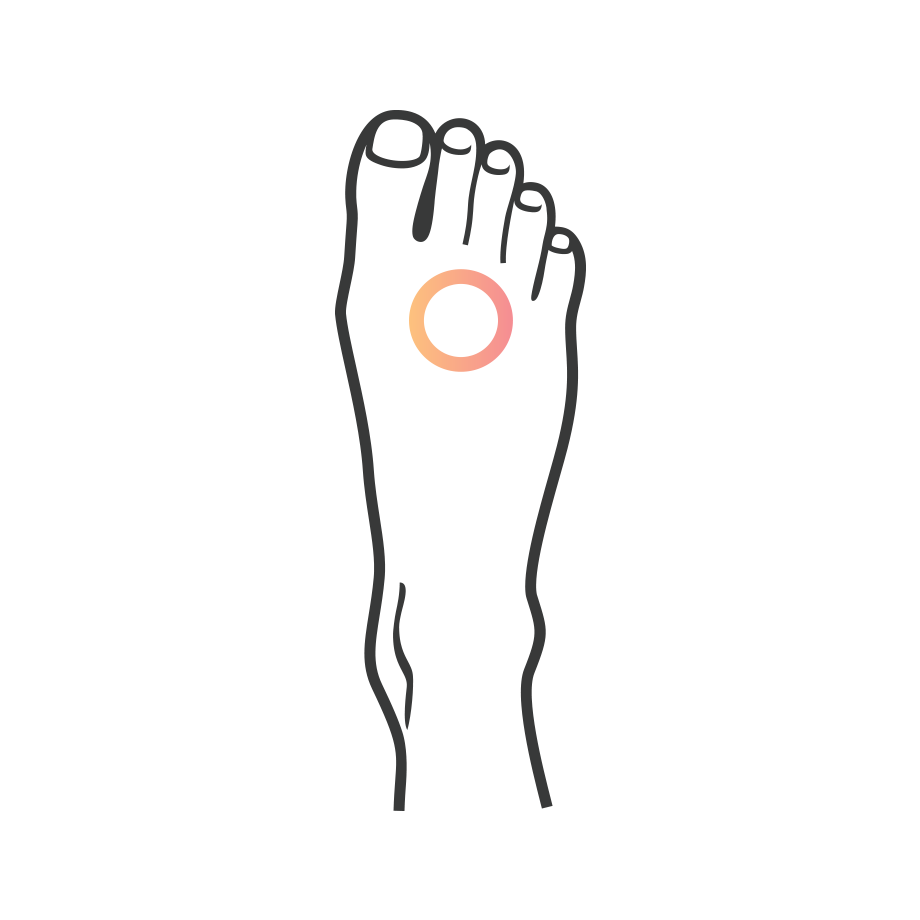 Neuroma
Neuroma -
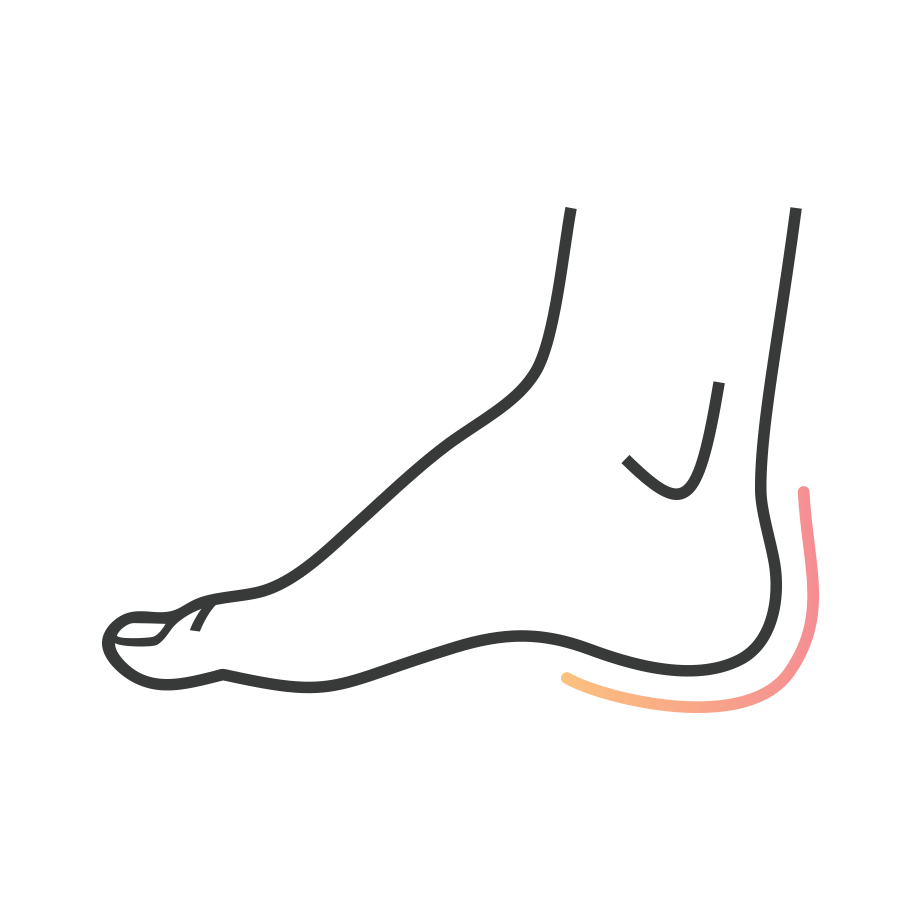 Plantar fasciitis
Plantar fasciitis -
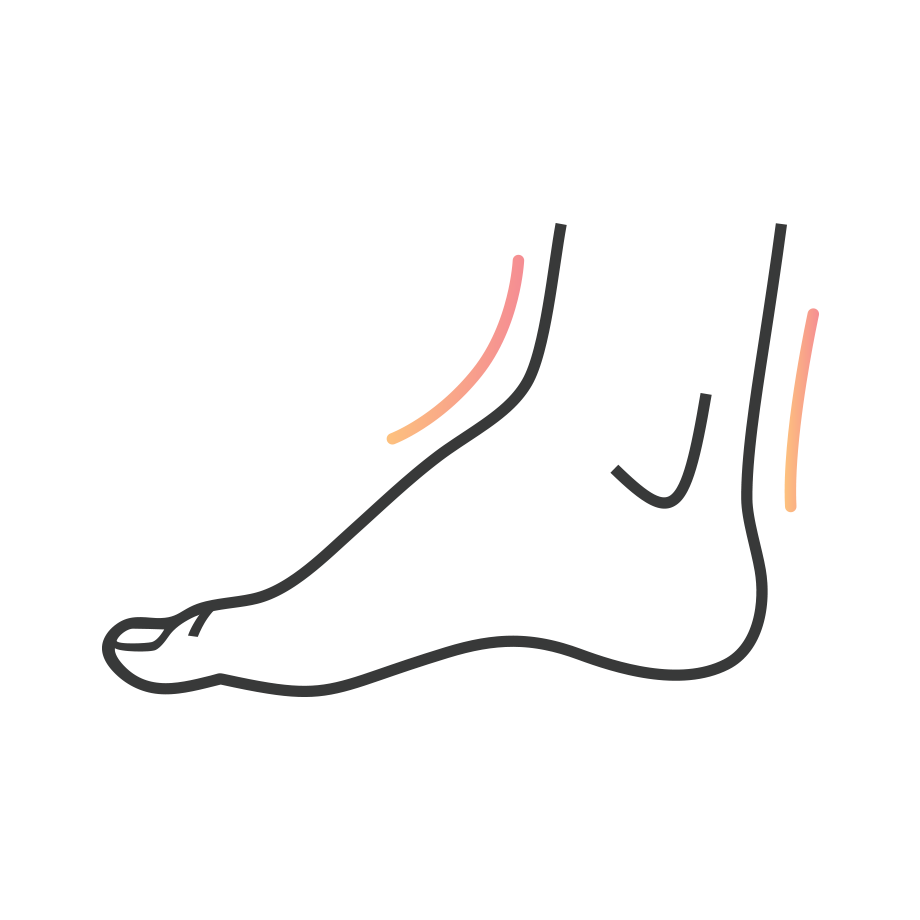 Sprain and fracture
Sprain and fracture
Diabetic foot 1
-
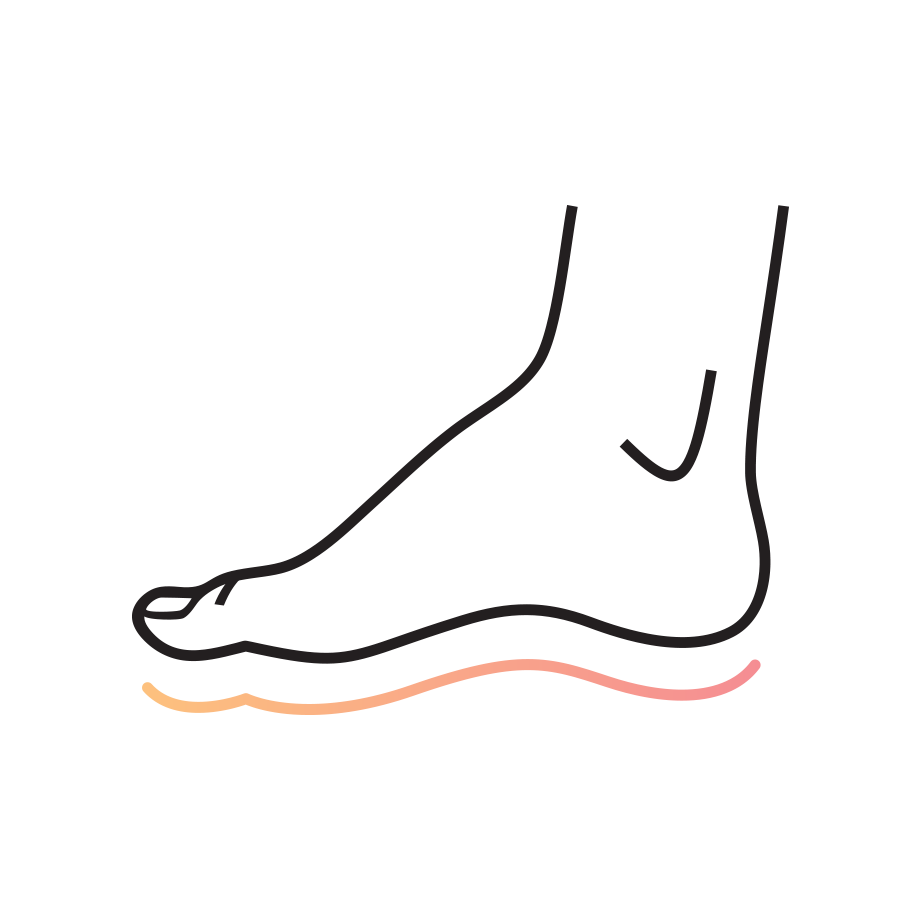 Diabetic foot
Diabetic foot
Skin and nails 7
-
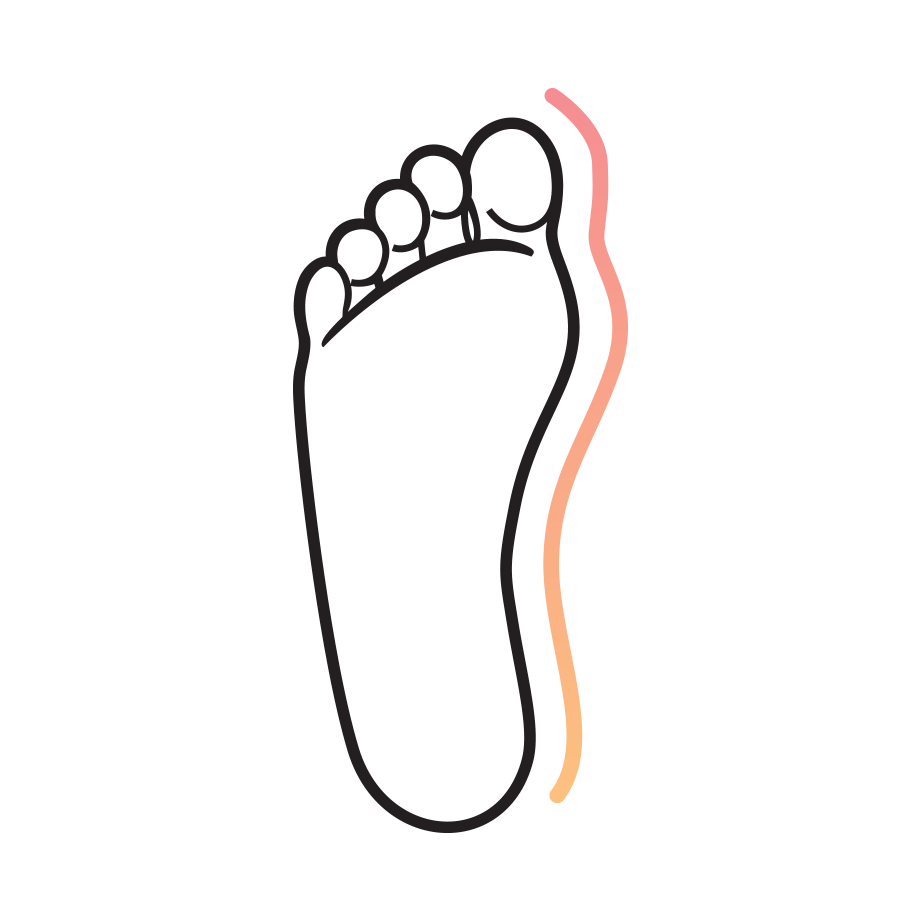 Athlete’s foot
Athlete’s foot -
 Corns and calluses
Corns and calluses -
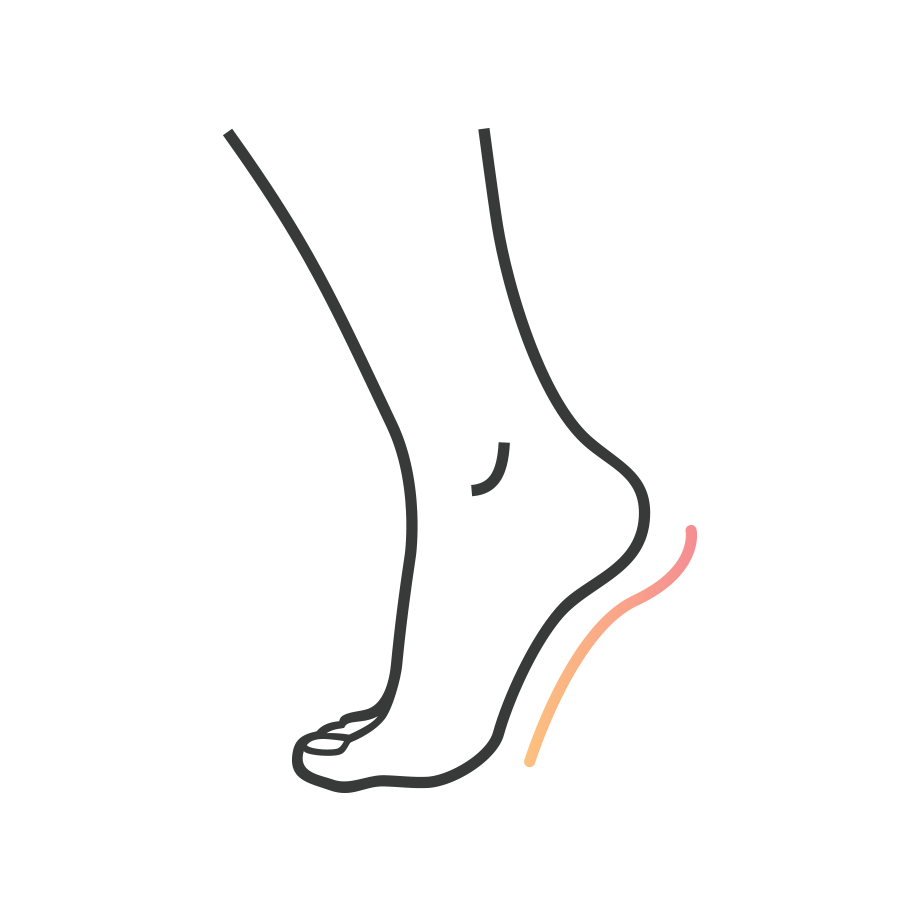 Excessive sweating
Excessive sweating -
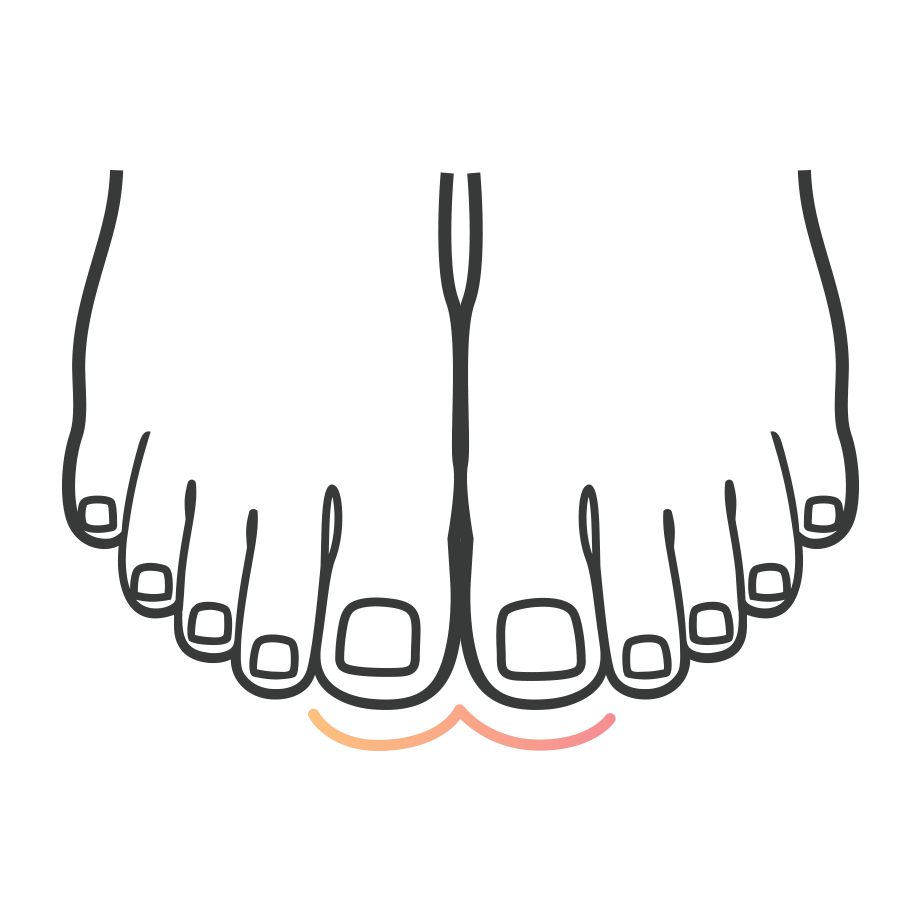 Ingrown toenail
Ingrown toenail -
 Mycotic nails
Mycotic nails -
 Plantar wart
Plantar wart -
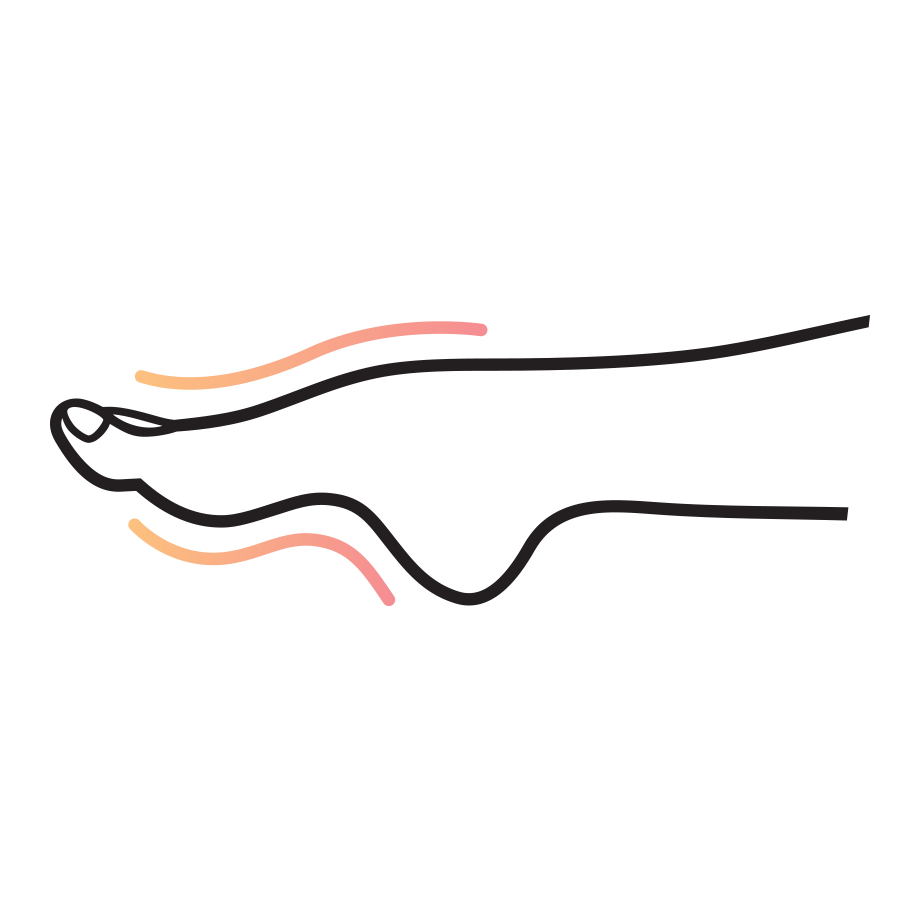 Psoriasis/eczema
Psoriasis/eczema



